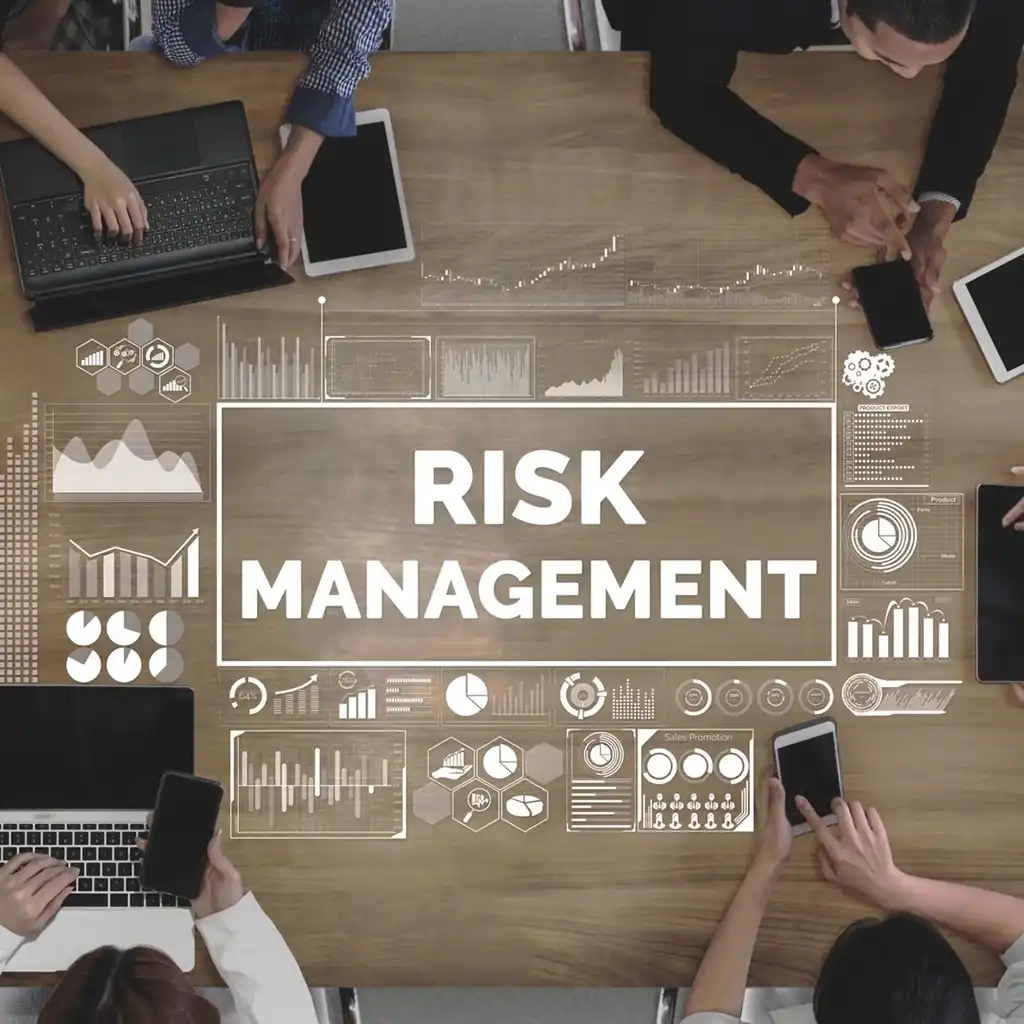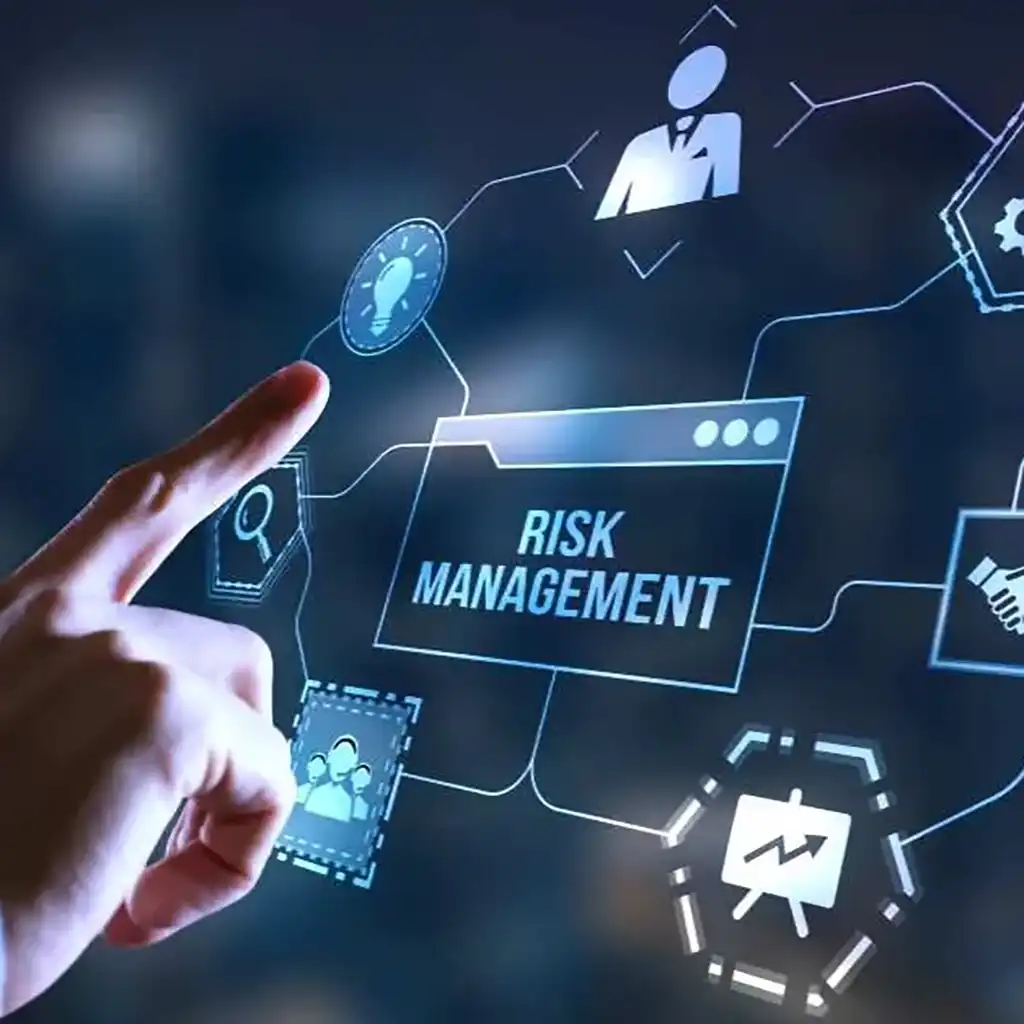How UAE Fintech Firms Reduce Cyber Attacks with Risk Models
The United Arab Emirates fintech sector is growing rapidly due to strong digital transformation initiatives. As more businesses and customers adopt financial technology, Cybersecurity in Fintech UAE has become essential to protect financial data, digital services, and business continuity.
Understanding Risk Assessment Models and Cybersecurity Risks in Fintech UAE is now a top requirement for companies operating in digital finance. Fintech organizations in Dubai, Abu Dhabi, and across the UAE handle sensitive information and real-time payments, which makes them frequent targets for cybercriminals.
To strengthen trust and regulatory compliance, fintech companies require continuous Fintech Risk Assessment UAE and security audits aligned with government standards.
UAE Fintech Growth and Rising Cybersecurity Challenges
Government support through DIFC, ADGM, and the UAE Digital Economy Strategy has helped the country reach global leadership in digital finance. Studies suggest the fintech market value could exceed USD 4.5 billion by 2026.
As digital adoption rises, so do fintech cybersecurity risks in the UAE such as account hacking, ransomware, and identity theft.
Importance of Risk Assessment Models in UAE Fintech
Strong Risk Assessment Models help fintech companies identify system weaknesses, ensure UAE fintech compliance, and protect financial data. The primary elements include:
Risk Identification
Recognizing security threats such as breaches, payment fraud, and insider misuse.
Risk Diagnostics
Assessing system vulnerabilities across applications, APIs, and cloud environments.
Gap Analysis
Reviewing existing cybersecurity capabilities against regulatory requirements for fintech compliance UAE.
Threat Prioritization
Ranking risks according to severity and probability.
Mitigation and Remediation
Deploying protective controls like encryption, monitoring tools, and recovery plans to improve fintech risk management UAE.
Major Cybersecurity Risks in Fintech UAE
Data Breaches and Fraud
Fintech platforms store sensitive banking and identity information, making them prime targets for unauthorized access. This requires strong data protection in UAE fintech and secure payment logic.
Regulatory Compliance Risks
Fintech companies must follow strict UAE regulations such as:
- FSRA Cybersecurity Guidelines
- DIFC and ADGM Data Protection laws
- AML and CTF compliance
- PCI DSS security requirements
- UAE Data Protection Law
Continuous controls and audits are necessary to prevent penalties or operational restrictions.
Phishing and Social Engineering
Cybercriminals use fake login requests or financial alerts to trick customers and employees. Modern AI-based phishing requires continuous employee awareness programs and secure authentication technology.
Third-Party Vendor Risks
Dependence on external APIs, identity verification tools, and cloud providers creates vulnerabilities that must be evaluated through regular third-party risk diagnostics.
Best Practices to Reduce Fintech Cyber Threats in UAE
Fintech organizations can lower cybersecurity in fintech UAE risks by applying:
- Quarterly Risk Management Audits
- Robust AML and financial governance controls
- Continuous security compliance updates
- Multi-factor authentication for user identity protection
- Cybersecurity training to prevent human error
- Ongoing Fintech Risk Assessment UAE for evolving threats
These steps strengthen operational resilience and protect customer confidence.
Why Ongoing Risk Diagnostics Are Important
Threats in financial technology are constantly developing. A single annual audit is not enough to ensure security. Continuous Risk Assessment Models allow fast detection of new fraud activities, financial crime attempts, and access breaches affecting digital payments security UAE.
Fintech firms that invest in continuous security improvement are better trusted by users, investors, and regulators.
The Future of Fintech Security in UAE
The future focus will remain on real-time risk monitoring, regulatory-driven fintech compliance UAE, AI-powered threat detection, and advanced fintech risk management UAE standards. Cybersecurity in fintech UAE plays a crucial role in ensuring safe innovation and sustainable digital growth.
AI Overview
Fintech in the UAE is rapidly growing, but rising cyber threats demand strong risk assessment models, compliance controls, and continuous security audits to protect financial data and digital trust.
FAQs
What are Risk Assessment Models in UAE fintech?
Risk Assessment Models help fintech organizations find weaknesses in digital systems, prevent cyber threats, and maintain UAE fintech compliance while protecting financial data.
Why is cybersecurity important for fintech companies in the UAE?
Strong cybersecurity in fintech UAE safeguards customer information, reduces fraud risks, and ensures secure digital payment operations.
What are the major cybersecurity risks in UAE fintech?
Common threats include phishing, data breaches, payment fraud, ransomware, and regulatory compliance issues with UAE legal frameworks.
How often should fintech firms perform a Risk Assessment in UAE?
Quarterly Fintech Risk Assessment UAE audits and continuous threat monitoring help stay protected from evolving attacks.
How can UAE fintech companies improve cybersecurity?
Implement MFA, encrypt financial data, secure third-party APIs, train staff, and follow DIFC, ADGM, and UAE data protection requirements.
Conclusion
As digital finance becomes a major part of the UAE economy, Risk Assessment Models and Cybersecurity Risks in Fintech UAE must remain a top priority. Through effective Risk Diagnostics, Gap Analysis, and cybersecurity audits, fintech organizations can ensure compliance with UAE laws while safeguarding user information and payments.
Building strong cybersecurity frameworks, reducing vulnerabilities, and improving data protection in UAE fintech are essential strategies to achieve secure growth. Fintech companies that adopt proactive Fintech Risk Assessment UAE and invest in expert advisory services will maintain long-term success in the rapidly evolving UAE digital economy.Contact us today to schedule a consultation and discover how we can help your fintech business build a secure and trusted digital platform in UAE.
Explore More on UAE Tax and Audit Insights
- The Role of Audit Firms in Ensuring Compliance in Dubai – Protecting fintech data and compliance in UAE.
- How Agentic AI Can Transform Your Tax Function – Discover how AI enhances tax efficiency.
- How to Begin Business in Dubai Without Any Money – Start your business smartly in Dubai.
- How to File Tax Return UAE Dubai Guide – File your UAE tax returns correctly.
- Transfer Pricing Tax Structuring Relief UAE – Learn effective UAE tax strategies.






















